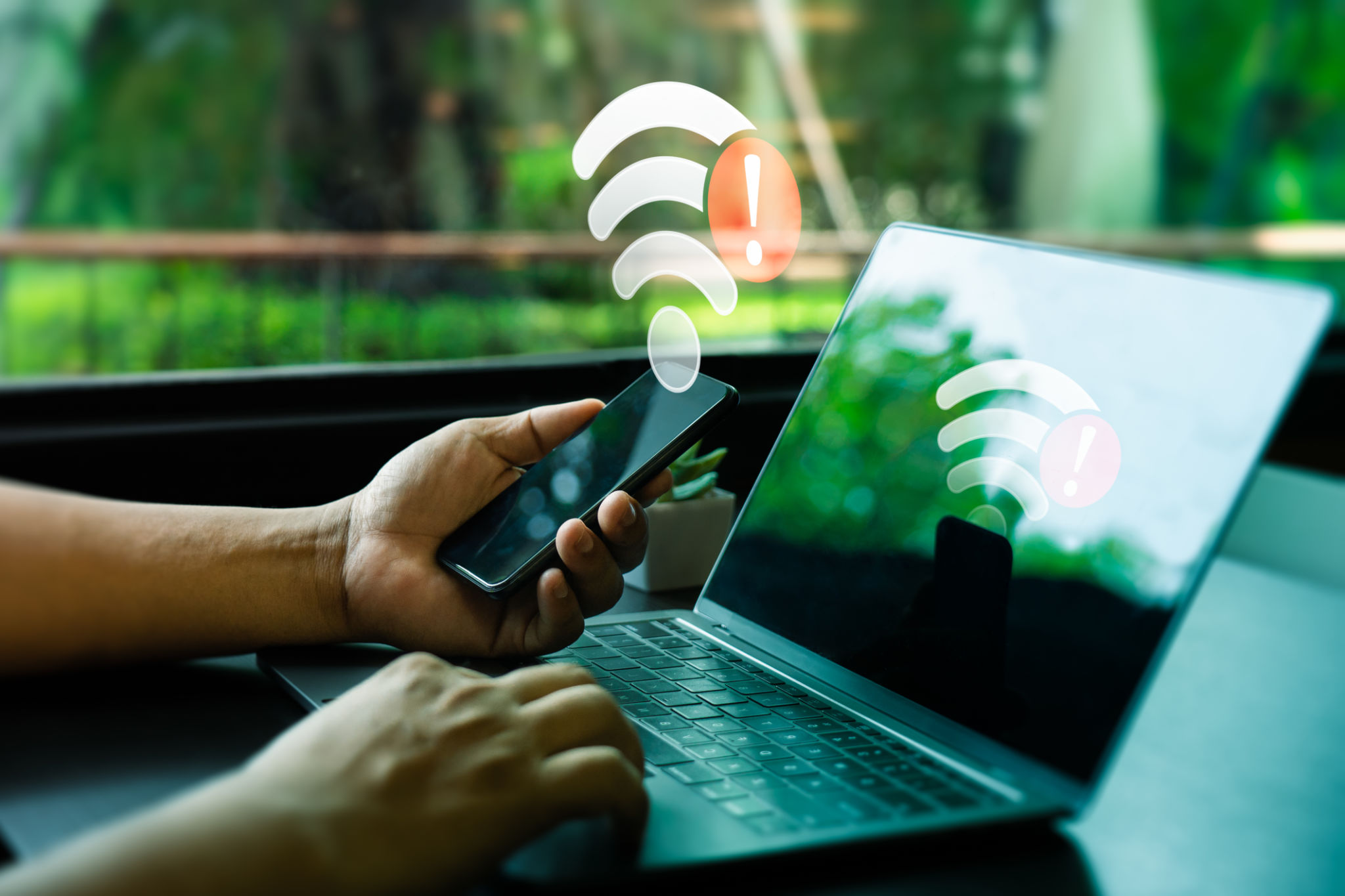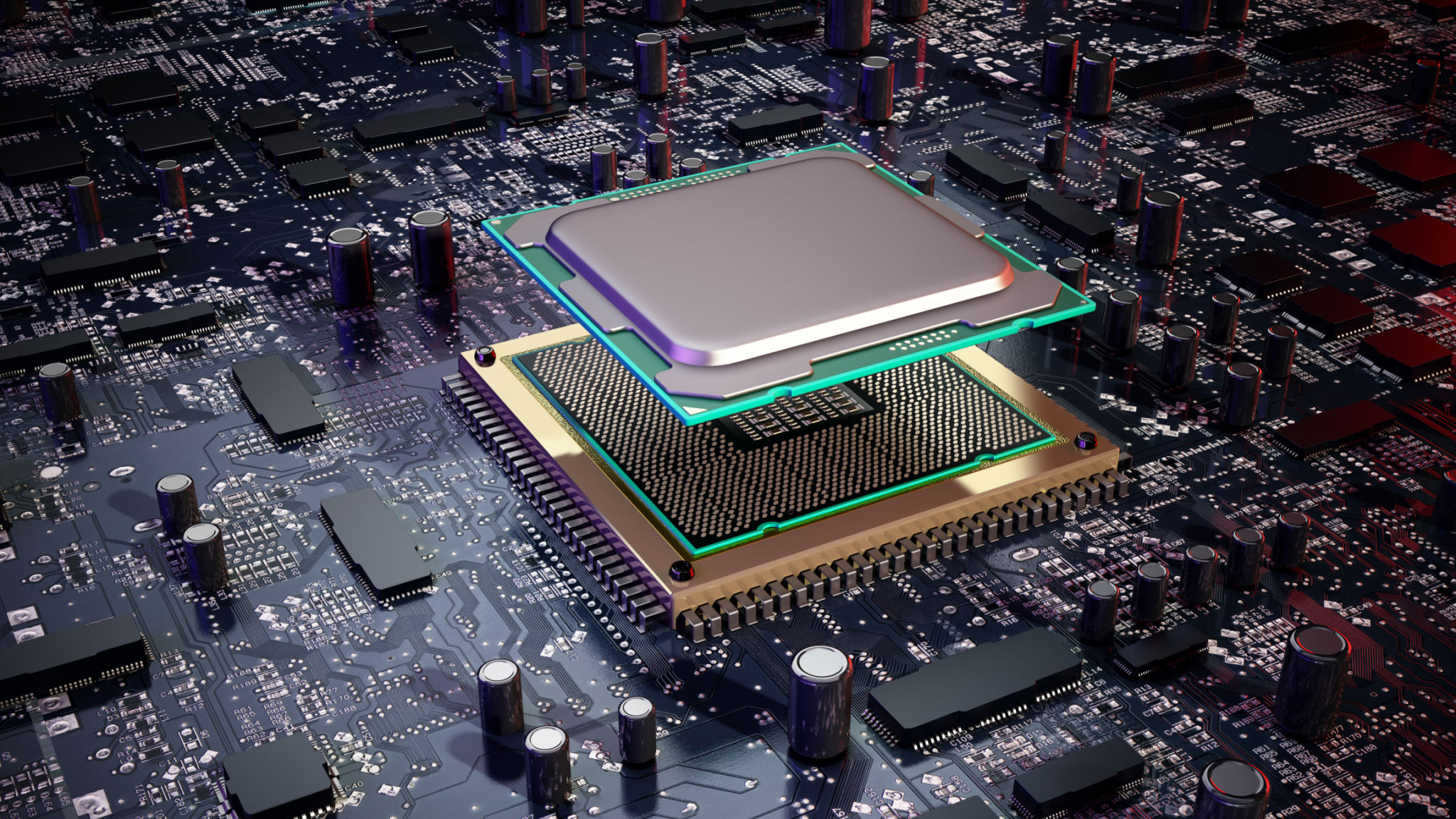DIY Tech Troubleshooting: Common IT Issues and Quick Fixes
In the fast-paced digital world, encountering IT issues can be a common and often frustrating experience. However, not every hiccup requires professional assistance. With a little guidance, you can solve many common tech problems on your own. In this guide, we'll walk you through some DIY tech troubleshooting techniques to tackle frequent issues with ease.
Dealing with Internet Connectivity Problems
Check Your Hardware
One of the primary reasons for internet connectivity issues is faulty hardware. Start by ensuring that all cables are securely connected. Check your router and modem for any visible signs of damage or loose connections. Sometimes, simply unplugging and replugging these devices can reset the connection.

Restart Your Devices
If your hardware seems fine, try restarting your computer or mobile device. This simple action can clear temporary glitches and refresh the system. Make sure to also restart your router and modem by unplugging them for about 30 seconds before plugging them back in.
Resolving Slow Computer Performance
Clear Unnecessary Files
Over time, your computer accumulates numerous files and applications that can slow down its performance. Begin by deleting temporary files and clearing cache from your browser. Additionally, uninstall programs that you no longer use.
Optimize Startup Programs
Many applications are set to run automatically when your computer starts, which can significantly slow down the booting process. To manage these, access your task manager and disable startup programs that aren't essential.

Addressing Software Crashes
Update Software
Software crashes often occur due to outdated versions or compatibility issues. Make sure that your operating system and applications are up to date. Developers frequently release updates to patch bugs and improve stability.
Check for Conflicting Programs
If a specific program continues to crash, there might be a conflict with another application. Try running the software in safe mode or temporarily disable other running programs to identify the culprit.

Troubleshooting Printer Issues
Verify Connections
Printer problems can usually be traced back to connectivity issues. Ensure that the printer is properly connected to your computer or network. For wireless printers, confirm that they are connected to the correct Wi-Fi network.
Check Printer Status
Access the printer's control panel to check for any error messages or ink/paper shortages. Running the printer's troubleshooting tool can also help diagnose and fix common issues without much hassle.

By arming yourself with these quick fixes, you can save time and avoid unnecessary stress when dealing with everyday IT issues. Remember, a methodical approach can often resolve many technical problems without the need for professional intervention.
